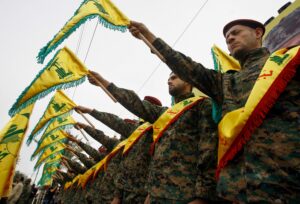
Experts: Hezbollah likely to attack Israel if U.S. attacks Iran
If Iran believes the U.S. threaten its hegemony, Hezbollah is likely to respond in a way that signals solidarity and deterrence.

If Iran believes the U.S. threaten its hegemony, Hezbollah is likely to respond in a way that signals solidarity and deterrence.

‘Iran is getting better at hiding, but the U.S. and Israel are getting better at finding.’
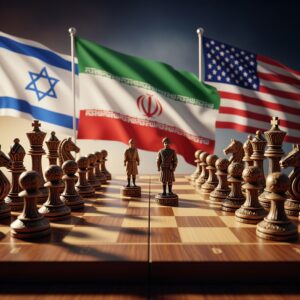
‘Khamenei’s behavior is in fact very reminiscent of Pharaoh. No matter how many blows he took, it only hardened his heart.’
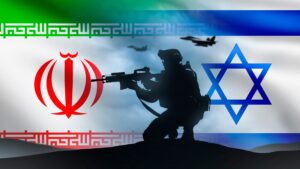
‘Israel no longer assumes Iran will be deterred by sporadic strikes.’

‘The pressure of the conflict created opportunities.’
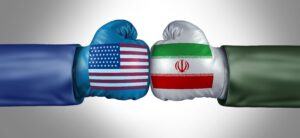
The decisive period lies between the end of this week’s negotiations and the onset of Ramadan.
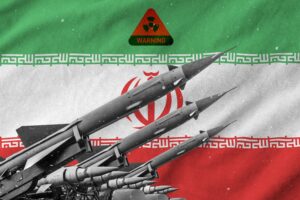
Iranian launch capacity has been substantially degraded through a combination of Israeli strikes and intelligence operations.
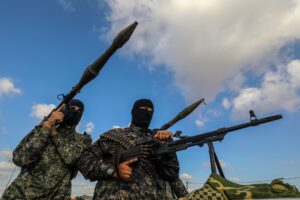
Intelligence suggests a multi-phase plan to infiltrate at least 15 Israeli communities simultaneously using mobilized regional proxies.

Many Israeli moves in Gaza now require American approval.

As Western countries grow more hostile, Israel is exploring new avenues for defense cooperation.
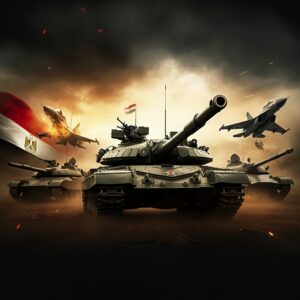
Egypt now fields more than 1,100 modern tanks, over 300 advanced fighter jets, and a rapidly expanding navy.
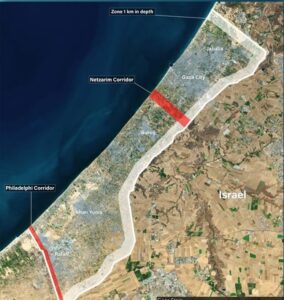
“A technocratic government would sit atop an existing system staffed by tens of thousands of Hamas‑aligned employees.”

Chemical warheads require specialized engineering to survive the extreme heat and pressure of ballistic‑missile flight.
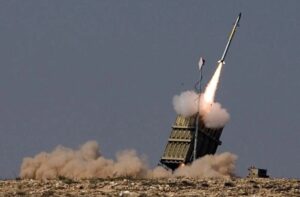
Most fail because they were built for a an older type of warfare.

Iran’s Revolutionary Guard would likely push for a forceful reaction to preserve deterrence.

The proposed base is set to be located near the Negev Desert, with initial estimates suggesting an investment of around $1 billion.

U.S. policymakers preferred a quiet southern front, believing that a major Gaza conflict could complicate efforts to isolate Tehran.
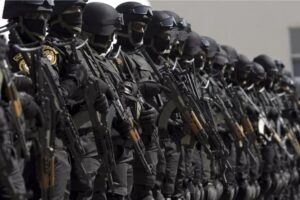
PA President Mahmoud Abbas has praised the October 7th massacre of Israelis, calling it “the greatest day in Palestinian history”.

Most Israeli and American military commentators believe that the U.S. still plans to strike Iran
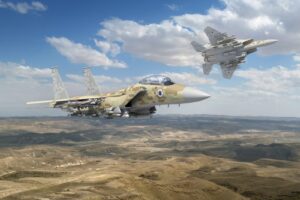
Israeli intelligence believes that Hezbollah could be ordered by Tehran to open a northern front if Iran comes under attack.